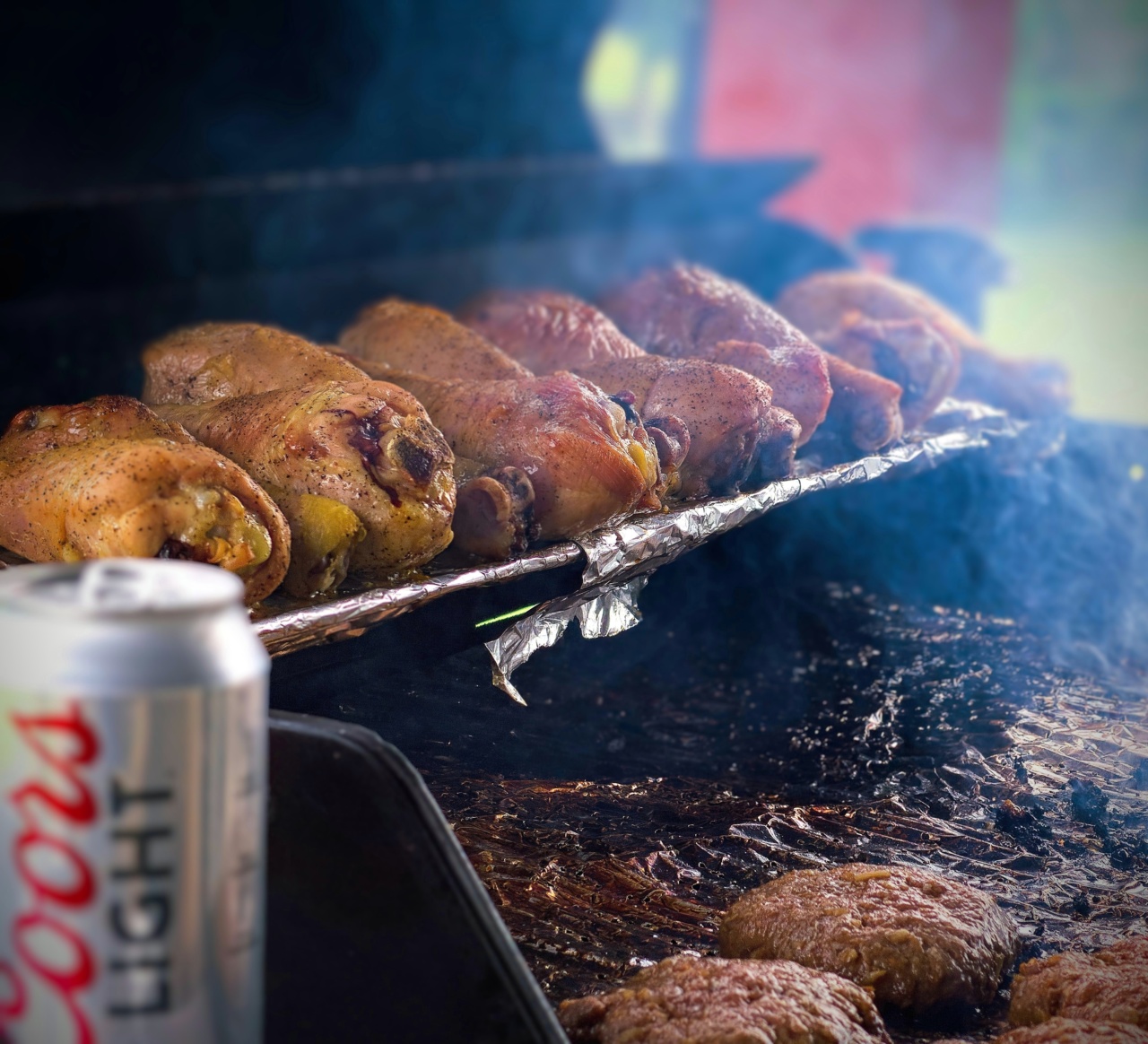The 1500-calorie diet is a popular choice for individuals looking to lose weight quickly.
This diet plan involves consuming 1500 calories per day, which is considered a moderate calorie restriction that can promote fat loss without causing extreme hunger or nutrient deficiencies. By following a well-balanced 1500-calorie meal plan, you can create a calorie deficit that leads to gradual and sustainable weight loss.
The Importance of Portion Control
Portion control is crucial when following a 1500-calorie diet. Since the overall calorie intake is reduced, it’s essential to pay attention to serving sizes to ensure you are meeting your nutritional needs while cutting back on calories.
You may consider using measuring cups or a food scale to accurately portion your meals and snacks. This will help you stay on track and avoid unintentionally overeating.
What to Eat on a 1500-Calorie Diet
A balanced 1500-calorie diet should include a variety of nutrient-dense foods to ensure you’re getting all the essential vitamins, minerals, and macronutrients your body needs.
Here’s a breakdown of what a typical day on a 1500-calorie diet could look like:.
Meal Plan for a 1500-Calorie Diet
Breakfast:.
- Two boiled eggs
- One slice of whole-grain toast
- Half an avocado
- A cup of mixed berries
- A cup of black coffee or herbal tea
Snack:.
- A small handful of almonds
Lunch:.
- Grilled chicken breast
- A serving of mixed greens
- A tablespoon of olive oil-based dressing
- A cup of steamed vegetables
Snack:.
- A medium-sized apple
Dinner:.
- A piece of salmon
- Half a cup of quinoa
- Sautéed spinach with garlic
Snack:.
- A cup of Greek yogurt with berries
Tips for Success on a 1500-Calorie Diet
Here are some tips to help you achieve successful fat loss while following a 1500-calorie diet:.
- Stay hydrated by drinking plenty of water throughout the day.
- Incorporate regular physical activity into your routine to boost calorie burn.
- Choose whole, unprocessed foods over processed ones for better nutrition.
- Include lean protein sources like chicken, fish, tofu, or legumes in your meals.
- Fill your plate with a variety of colorful fruits and vegetables for added fiber and vitamins.
- Limit your intake of added sugars, refined grains, and unhealthy fats.
- Plan and prep your meals in advance to avoid impulsive food choices.
- Listen to your body’s hunger and fullness cues, and eat mindfully.
- Get ample sleep, as it plays a role in regulating hunger hormones.
- Track your progress and celebrate small victories along the way.
Potential Benefits of a 1500-Calorie Diet
Following a 1500-calorie diet can offer several benefits for quick fat loss. Some potential advantages include:.
- Weight loss: By creating a calorie deficit, you can shed excess pounds.
- Improved heart health: A decrease in body weight can lower the risk of heart disease.
- Enhanced blood sugar control: Weight loss may improve insulin sensitivity and glucose regulation.
- Better dietary awareness: Monitoring calorie intake promotes a better understanding of nutrition.
- Increased energy levels: A balanced 1500-calorie diet supports adequate energy for daily activities.
Consult a Healthcare Professional
While a 1500-calorie diet can be suitable for many individuals, it’s always recommended to consult with a healthcare professional or registered dietitian before making significant dietary changes.
They can provide personalized advice based on your specific needs, medical history, and goals.




























